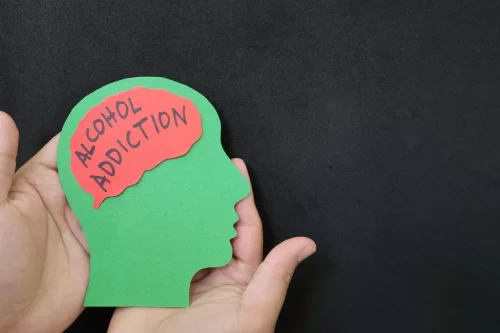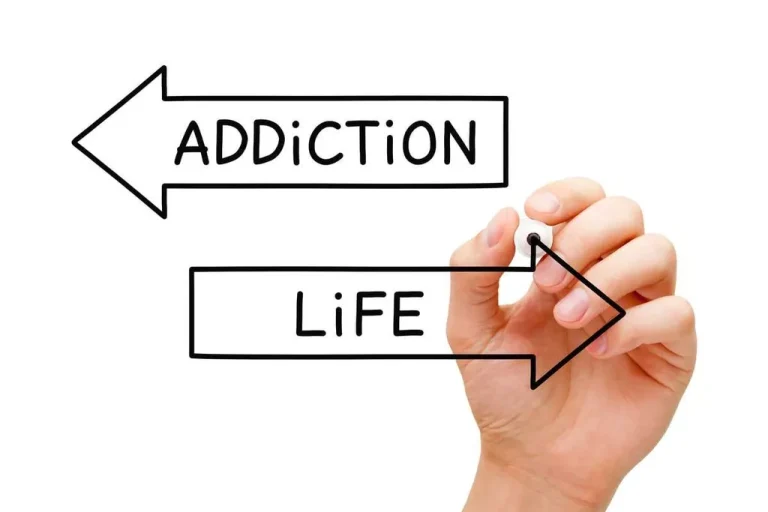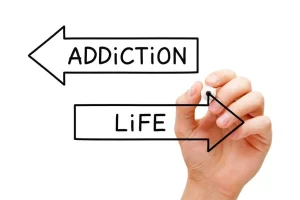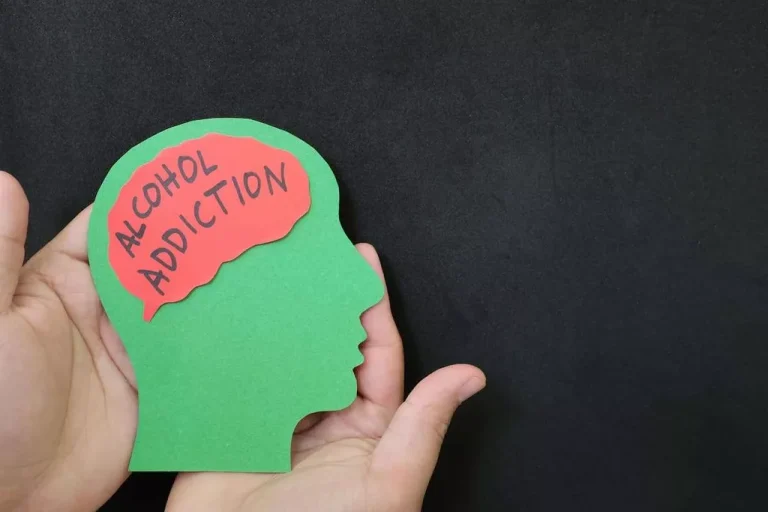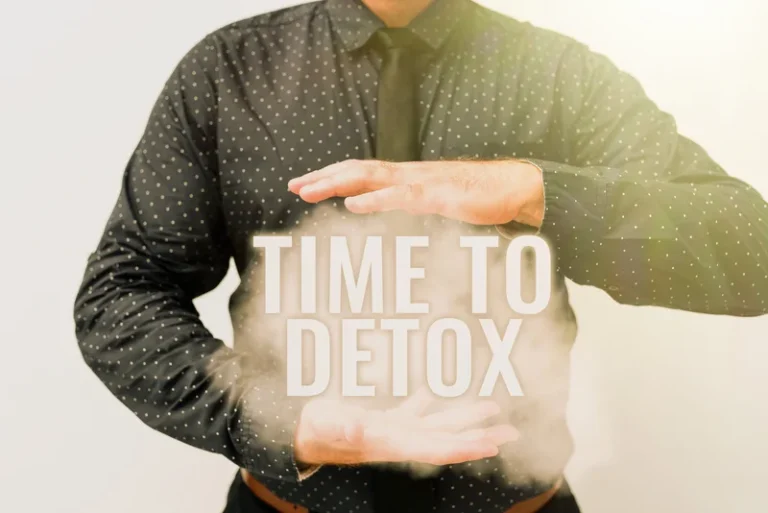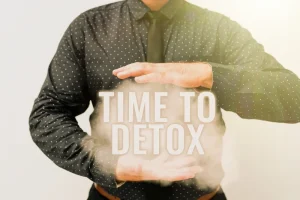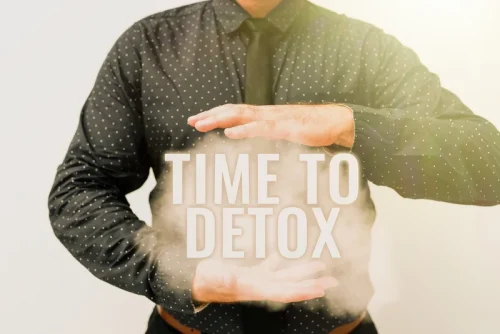Katie’s successful path to recovery began by looking outside of herself. At her core, she knew something was still not right. When she was working at Recovery Centers of America, something happened that changed her path for the better. “My father passed away with 35 years of continuous sobriety. Even when he was in recovery, we didn’t talk about it. Speaking with Katie, the first thing you’ll notice about her is her confidence.
Maybe none of these things apply to you when it comes to alcohol, but there’s something else in your life that’s not a positive force. A more realistic scenario is that you might go to a dinner where people are drinking. Personally, I keep an exit strategy in my back pocket, and I’m not afraid to use it.
We are not fighting it, neither are we avoiding temptation. We feel as though we had been placed in a position of neutrality—safe and protected. That is how we react so long as we keep in fit spiritual condition.
Facing Uncomfortable Feelings
I am living proof that if you truly want to, you can change. You can live a life of happiness in sobriety, even through the toughest of times. Visit the Voices of Hope project at valleyhope.org/recovery/recovery-stories to explore recovery stories, addiction information and treatment resources.
Explore fear in recovery and learn powerful strategies to overcome it. Find resilience, healing, and a supportive community. But it’s not uncommon for people with substance use disorders to feel that way, according to Carol Dugan, a Kaiser Permanente addiction medicine counselor in Salem, Oregon. The sober motivation podcast will have new guests each week sharing their sobriety stories to inspire others about what is possible.
The role of leadership programs in empowering individuals in recovery
By this time, I could not go for more than a couple of hours without feeling withdrawal symptoms including hot flashes, sweats, palpitations, and the shakes. I would awaken during the night in withdrawal needing to take some alcohol to be able to get back to sleep. I began to need to drink just to feel normal. I was sliding down a very slippery slope without a solution. Alcohol had, over many years, subtly become my higher power, fully taking over my life. Every morning I would awaken with fear of going to work.
They’re also tricky addictions because I’m good at abstaining but not so good at moderation. Food and work don’t lend themselves to abstinence. The romance of wine clubs, scotch tastings, and “a few beers while we watch the game” is dead for me.
- After seventy days, I was discharged and was soon able to return to work under a monitoring contract with PHS.
- And, I was and still am a believer in the adage, If you’re asking yourself if your drinking is problematic, then, at the very least, drinking is probably not serving you.
- Most importantly, you have to have a supportive network of family, friends and professionals.
- And the fact of the matter is that now I don’t have the option to run away or not pay attention to something that’s bothering me.
- Embarking on a journey of recovery from addiction requires a multifaceted approach that addresses various aspects of an individual’s life.
Importance of Aftercare in the Substance Abuse Recovery Process
- That integrated approach is central to the personalized care Kaiser Permanente provides to members who want to make a change with their substance use.
- But for me, I think it’s important as a sober person to share this experience and how good it can be.
- In short, she now gets to live an authentic life.
- It all started on a typical evening drive back home from a date with my wife.
- I sat down in front of her and she said, “I can see from your test results that you’re manipulative and self-centered.” To which I replied, “Yes, of course, I am.
By this time I had been sober for three weeks and I had made plans to go for a five-day inpatient evaluation approved by the PHS director. I went to an addiction treatment facility with a program designed specifically for health care professionals. At the end of the extensive five-day evaluation, it was suggested that I stay for an extended period of time. I was told that if I did not follow the suggestions, it was likely that I would not be able to retain my license to practice medicine.
Q: As someone who has lived through both substance abuse and sobriety, why do you recommend sobriety?
I knew https://thecinnamonhollow.com/a-guide-to-sober-house-rules-what-you-need-to-know/ that if I did, that would mean I had a problem. I can’t tell you how many messages I got in the beginning from people who told me how I’ve inspired them to maybe not get sober but to live their best life. Being sober doesn’t mean your life is over.
- “My therapist introduced me to my first sponsor who sent me to my first 12 step meeting.
- I always felt so lost compared to everyone else.
- There’s no award for “Most Sobriety Memoirs Read,” so read them for yourself — let their wisdom be its own award (I can feel your eye rolls. I’m sorry.).
- Discover the difference between Suboxone strips and pills for effective opioid treatment.
And that truly is needed for individuals with addiction. Now one of my favorites A Guide To Sober House Rules: What You Need To Know is returning for Renewal Day the 3rd Friday of the month. I have learned those same steps can, and has, helped me solve any issue that arises.
Many times when we see posts about sobriety, it’s always famous people or before-and-afters of people being a mess and then cleaning up their lives. It’s not like, hey, these are real people and they just do it every day. It’s not like, hey, I’m normal and I have to do this the exact same way you would if you had to do it. If you’re looking to break free of the social pressure of cocktails and bar hopping, this is the book for you. The stigma surrounding addiction can present a significant barrier to recovery, causing individuals to feel ashamed, isolated, and hesitant to seek help. Combatting social stigma involves fostering a supportive and understanding environment that emphasizes that seeking help for addiction is a courageous act of self-care and strength.
Our Programs
Having some small impact on someone else’s life. I never really felt like I had a choice in social situations or the people I was around. I couldn’t really sort through who I actually wanted to be around because I felt like I was just along for the ride and I wasn’t really in charge. When you’re an alcoholic and you’re not sober, you feel trapped. It was just one blackout after another, messing up relationships, apologizing for things. And it was pretty much that way for 10 years.
These relationships are now stronger than ever before, with improved communication, understanding, and respect. Joining a book club, taking a class, engaging in team sports – these new hobbies not only helped me connect with others, but also provided a sense of accomplishment and satisfaction. This improvement in my appearance not only boosted my self-confidence, but it also opened up new opportunities. I felt more professional, attractive, and confident, which led to better job prospects and higher wages. People feel alone in their suffering, and so many are suffering.
Sobriety isn’t even a “have to”—it’s a superpower. It’s soul-searching, hard work, but it brings you to authenticity, to emotional and physical health, and it’s life-changing in more ways than I can express. Long-term constant sobriety has changed my life in so many ways. I’ve learned how to be an excellent daughter, a caring wife, and a nurturing mother. My sobriety means the world to me because without sobriety I wouldn’t have any of those relationships today. My name is Laura T, and I hung my cup at Valley Hope in November of 2005 at the young age of 21.








